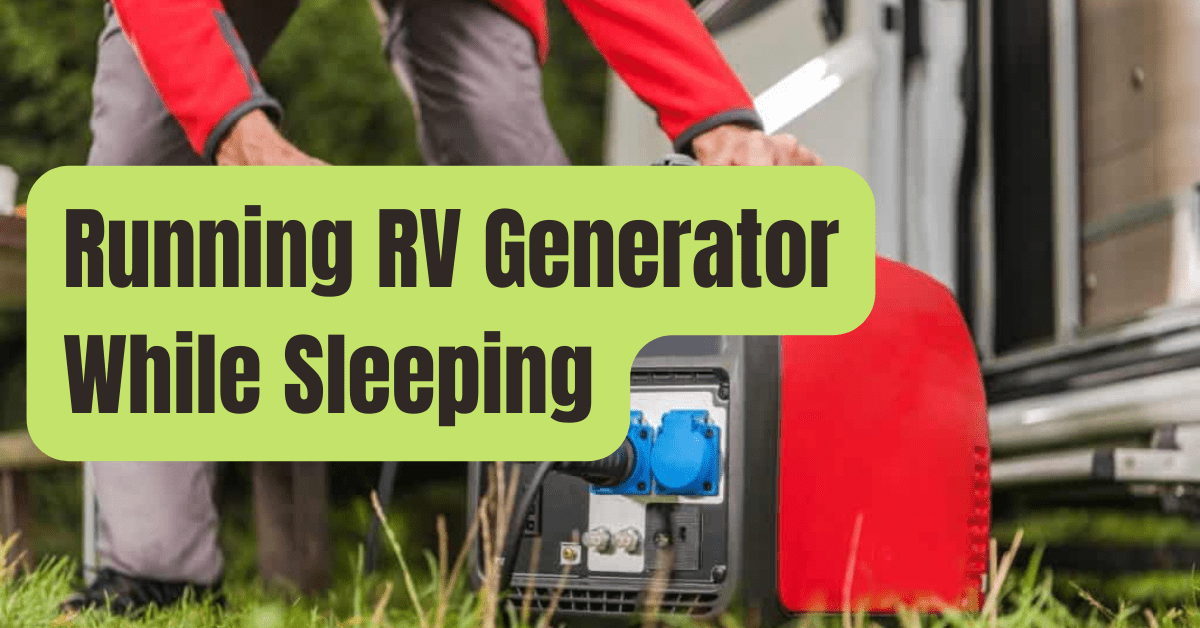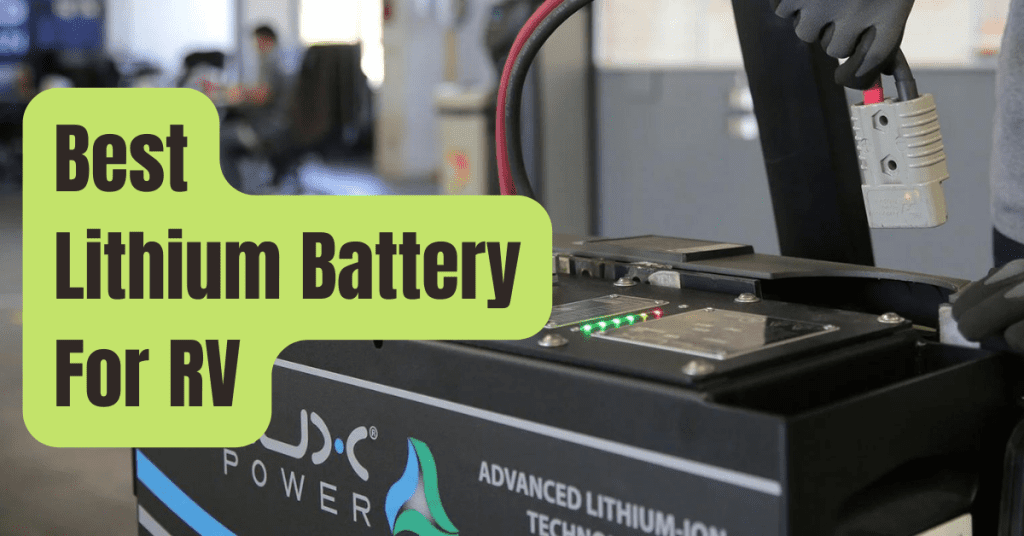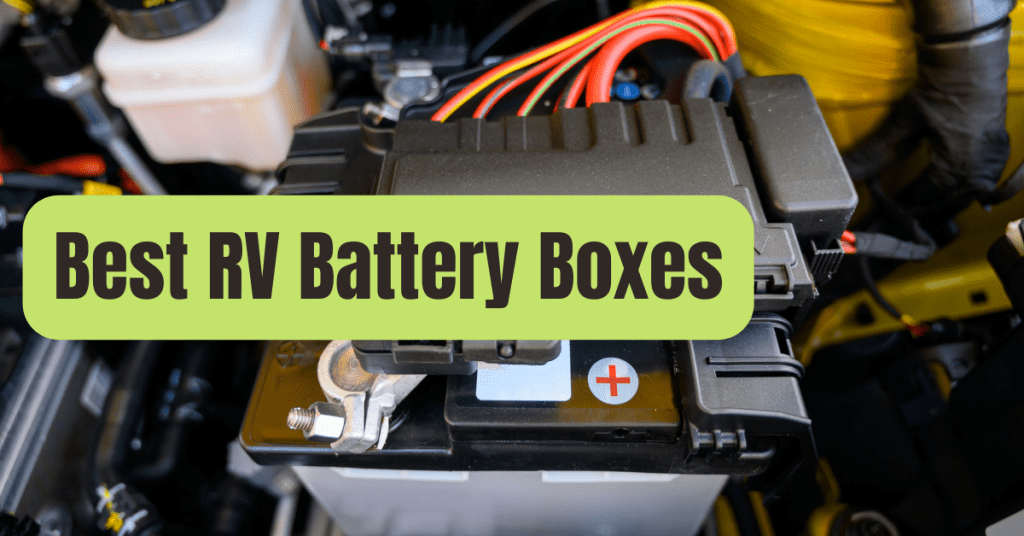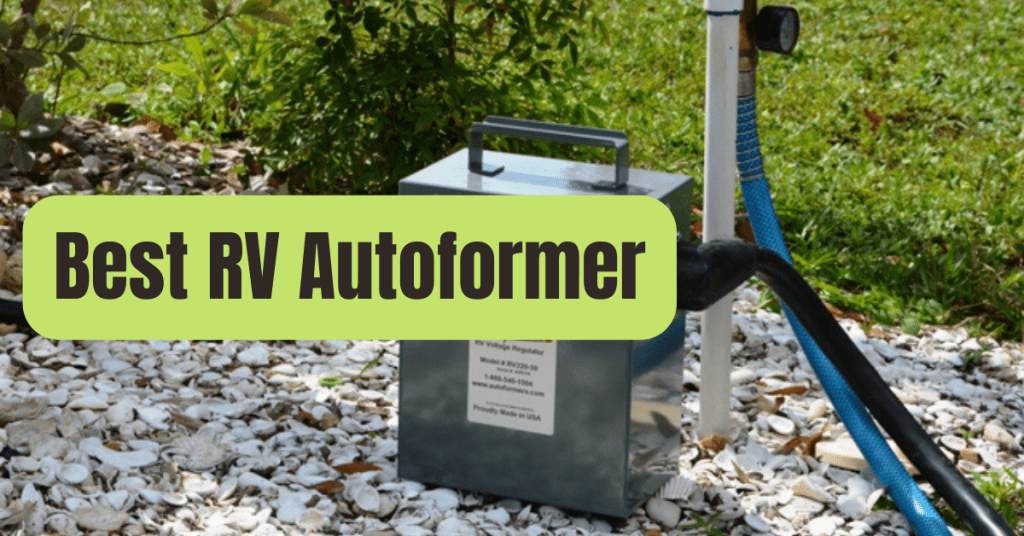There are various reasons to run an RV generator all night, from staying cool on a hot night to powering a CPAP machine.
However, considering using a generator while sleeping raises worries that many newcomers to boondocking have.
Is it possible to use my RV generator while sleeping? Is it safe to keep a generator running at all hours of the night?
The simple answer is that an RV generator (both aboard and portable) can be used overnight.
However, there are a few precautions you should take to safeguard the safety of your family and the generator.
In this post, I’ll go through the six most critical things to remember before turning off your generator for the night.
6 Things to Consider Before Sleeping with an RV Generator Running
Generators are built to operate at any time of day or night.
However, certain problems are easier to solve while you’re awake than when you’re sleeping.
Although you can power most of your RV gadgets using your home batteries and an inverter.
However, you will need to use the generator to power your air conditioner and other heavy equipment.
Many novice RVers are hesitant about boondocking during the summer because they have heard that “sleeping with a running RV generator is risky.”
It may be dangerous, especially if you don’t know what you’re doing.
Here are six things to consider before using your generator all night to keep you safe and comfortable.
#1. Your First Concern Is For Your Safety.

You don’t want to run your generator all night to get a good night’s sleep and then die from CO poisoning or a fire.
The exhaust fumes from operating your generator overnight to operate your RV air conditioner are one of the most serious hazards.
Generators function on combustion engines, which emit a variety of gases as they work.
Carbon Monoxide is the one that we are most concerned about.
Carbon monoxide is a very deadly gas that may swiftly kill you and your pets.
Because the gas is colorless, odorless, and tasteless, it is regarded as a silent killer.
There are several ways for this deadly gas to enter your RV, from an open window to the spaces between your slide-outs.
However, there are a few things you can do to keep CO out of your camper:
- Before starting your RV generator, make sure all doors, windows, and vents are properly closed. Additionally, retracting the slides improves the seal of your RV.
- Position your portable generator at least 15-20 feet away from your RV, with the exhaust towards the wind. On windless days, you may also use a portable fan to blow the fumes farther away from your unit.
- Examine the exhaust pipe on your onboard generator for fractures and obstructions, since this will drive exhaust gases into the generator compartment.
- If you’re parked next to your neighbor, be careful of their generator emissions.
Pro Tip: Motorhomes with onboard generators may install an exhaust venting system to assist route hot gases over the roof.
To avoid CO poisoning, make sure you have numerous Carbon Monoxide Detectors placed in different parts of your RV.
The easiest and most efficient approach to detect the presence of this dangerous gas around you is to use a CO detector.
Note: Carbon Monoxide rises because it is lighter than air.
That is why CO detectors must be installed at least 5 feet above the floor.
Also, ensure sure there are no barriers in the way of the alert.
Here’s a link to a high-quality carbon monoxide detector that has received rave ratings for its dependability on Amazon.
When I use my generator while sleeping, I’m most concerned about carbon monoxide poisoning.
If you don’t take the right precautions to keep the gas out of your rig, you might die while sleeping.
Generator fires, which are a primary cause of RV fires, are the second safety concern.
It’s typical with built-in generators that have a history of poor maintenance.
A generator’s fuel, whether it’s gasoline, diesel, or propane, is very combustible.
Wear and tear on the equipment will increase as less maintenance and servicing is provided.
This causes incorrect electrical connections, fuel line leakage, and, most significantly, generator overhearing.
This is a calamity in the making.
Portable generators are less likely to cause a fire to burn down your RV since they are located far away from it.
A badly maintained portable generator put on your RV, on the other hand, might be dangerous.
To prevent calamities and maintain the equipment in peak functioning condition, stick to a regular maintenance plan.
When renting an RV, look into the RV’s and generator’s maintenance history.
Remember that the odds of deaths from RV fires are far lower while you’re awake than when you’re sleeping.
#2. It Can Be Difficult To Sleep With Noise
It’s tough for me to fall asleep to the sound of a generator operating.
There are a variety of reasons why your generator is noisy, ranging from selecting the incorrect generator size to operating at greater loads.
However, there are simple methods to make your generator quieter so that no one is bothered.
The noise from a generator is muted throughout the day due to ambient noise.
They may reach far at night, when everything is silent.
Many people find that the buzzing sound of a generator acts as white noise, allowing them to sleep easier.
Some people like the sound because it helps to mask their spouses’ snoring.
The sound, on the other hand, may be highly bothersome to light sleepers.
Running generators is also impolite and considered bad camping etiquette if you have nearby neighbors who are bothered.
The maximum number of hours a generator may run and the maximum amount of noise it can create are both limited in most National Parks.
You can’t operate a generator between the hours of 10 p.m. and 6 a.m. unless you need to power medical equipment.
Note: If you’re parked in a Walmart/Cracker Barrel, you should consult with them beforehand before operating the generator at night.
Because the generator is located far from the rig, you don’t have to worry about the sound reaching inside the camper while using a portable generator.
With onboard generators, on the other hand, you have nowhere to escape from the noise and vibration.
The generator chambers may often be found just alongside or beneath your bedroom.
The generator’s noise is reduced to an acceptable level when everything is closed and the air conditioner is operating.
Most significantly, you gradually get used to the buzzing sound of your generator.
Some people have suggested using earplugs to block off the generator’s obnoxious noise at night.
However, I would not recommend it since earplugs would prevent you from hearing your CO detectors and anybody pounding on your door in the event of an emergency.
#3. Discourage Thieves By Securing Your Generator
A portable generator is one of the most often items taken from a campground.
RVers who have a built-in generator don’t have to worry about it, but RVers who have portable generators should be aware of this.
Leaving your portable generator running in the middle of the night invites criminals in.
Your generator is parked far away from your trailer, and no one is awake at that hour.
The burglar just needs to pick up the generator and drive away.
Chaining your RV generator to something is the simplest approach to keep it safe.
I normally use a cable lock like this one from Master Lock to secure my generator to my vehicle.
You may also link your portable generator to the bumper of your RV.
This keeps it safe, allows you to use it while driving, and eliminates the need to carry it everywhere.
In my bedroom, I also have a Power Failure Light that is attached to a power strip.
This provides an added degree of protection by notifying me when the generator’s electricity is turned off.
If a thief has made up his mind to take your unit, it’s difficult to stop him.
What we can do is make the procedure more difficult for them, giving us ample time to stand up and act.
#4. Put In Enough Fuel To Run Overnight
If you have to refill the generator every few hours in the middle of the night, sleeping with a running generator may rapidly become a nuisance.
Many variables may influence fuel consumption in a generator, from load to size.
However, it’s possible that your generator has a tiny fuel tank or that a single tank provides less duration.
Motorhomes with onboard generators don’t have this problem since they consume gasoline from the same tank as the RV.
Note: Onboard motorhome generators include a safety feature that shuts off the fuel supply to the generator after a particular level is reached.
This keeps your generator from drying up the gasoline tank in your RV and leaving you stranded.
At 25% load, a 4500 Watt Dual Fuel Inverter Generator can operate for 14 hours on a single gas tank (2.3 gallons) and 22 hours on a 20 pound propane tank.
You should be able to run your AC comfortably overnight, albeit the figure fluctuates greatly depending on the load.
Choose a generator with the longest runtime (at least 8 hours) in the wattage range that you need.
If your current generator only has a little fuel tank that won’t last you all night, you may acquire a generator fuel tank extension.
The Fuel Extender will extend your generator’s runtime while also preventing fire dangers that are prevalent when refilling a hot generator.
Note: Reduce the load by turning off all other devices save your air conditioner or heater.
Fuel usage and noise levels will be reduced as a result of this.
#5. The Worst Enemy is Wet Weather
If you have an RV with a built-in generator, you won’t have to worry about the weather before starting it up.
Portable generators, on the other hand, are not the same.
Running a generator in a moist conditioner in the rain or snow is not only risky for the unit, but it also puts you at risk of electrocution.
Weather phenomena, on the other hand, are inevitable and may occur on the evenings when you most need your generator.
If you want to use your portable generator safely during poor weather, make sure it’s in a location where there’s less possibility of water accumulating.
To protect your generator from the outdoors, you’ll need a decent generator tent that suits your equipment.
The GenTent 10k Generator Tent is a great option since it’s constructed to last and accommodates generators ranging from 3000 to 10000 watts.
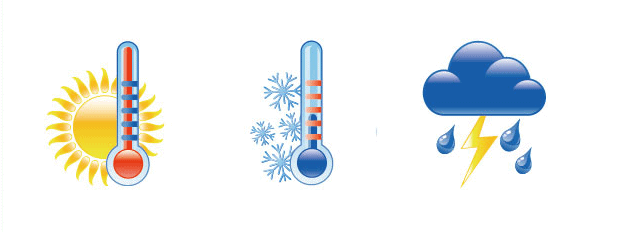
#6. Make Use Of A High-Quality Power Cord
The only connection between your portable generator and RV is a power wire.
It is responsible for transferring power from the generator to your RV’s appliances.
Using the improper or low-quality generator power cable might put your RV and the appliances attached to it in danger.
Finding out if your RV has a 30 amp or 50 amp electrical system is the first step in choosing the proper power cable.
If your generator isn’t RV-ready, which means it doesn’t have a dedicated 30 or 50 amp outlet, you’ll need an adaptor to connect the cable to it.
Keep a lookout for two high-quality 30 amp and 50 amp RV power cords to add to your wish list.
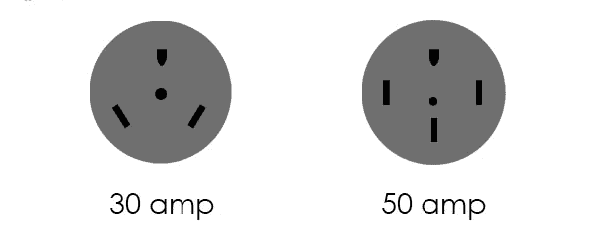
Conclusion
Your RV generator may be used at any time of day or night.
When sleeping with a running generator, though, there is more to be concerned about.
If you follow the steps outlined above, you should be able to operate your generator all night long.
If you’re still not convinced, you may use the generator to power your camper’s rooftop air conditioner all evening to keep it cool.
You’ll be able to sleep well knowing that your generator isn’t functioning.
Remember that a portable generator is an excellent tool for enhancing the enjoyment and comfort of boondocking.
However, if not utilized appropriately, they may be just as harmful.

